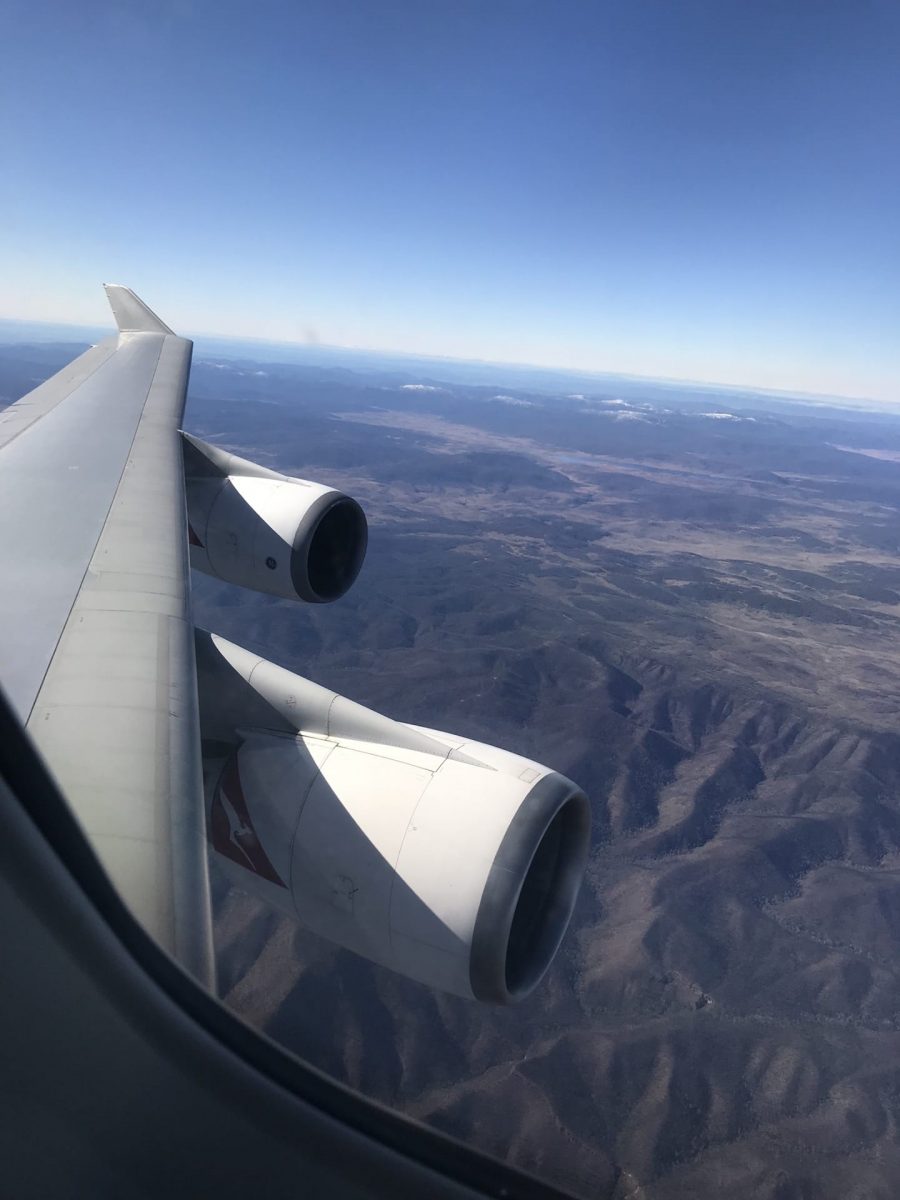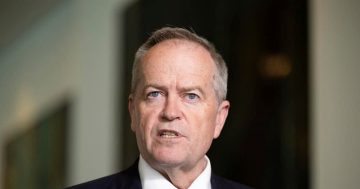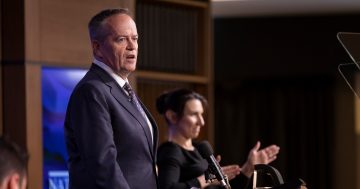
The NDIS has funded overseas holidays to the tune of $7m, according to figures revealed by the Federal Opposition. Photo: Kevan Brown.
Almost $7 million of National Disability Insurance Scheme funding has been spent on subsidising overseas holidays for NDIS participants and their carers, according to documents obtained by the Federal Opposition.
The Coalition’s Freedom of Information (FOI) requests unveiled records that $6,982,898 was paid to nine providers in the 2023 calendar year to subsidise holidays such as cruises and African safaris.
Many of these providers prominently advertised NDIS-subsidised holidays on their websites, even offering ‘how-to’ guides to ensure customers could extract the most out of their NDIS package.
Some travel websites even contain a downloadable ‘NDIS Travel Fact Sheet’ and step-by-step guides on ‘How to Set NDIS Goals to Fund Supports for Travel’.
Opposition spokesperson for government waste, James Stevens described it as outrageous that so much of the NDIS funds had been spent on international holidays instead of going to those who needed it most.
“The NDIS is meant to be supporting people with a disability, not funding safaris to Kruger National Park in South Africa,” he said.
“Australian taxpayers would be rightly appalled to learn that registered NDIS providers are shamelessly encouraging recipients to use their taxpayer-funded NDIS packages to go on overseas holidays, particularly when a family holiday is out of reach for so many at this time.
“Australian families struggling under Anthony Albanese’s cost-of-living crisis will be shocked to know that their taxes are paying for overseas holidays.”
Mr Stevens said even the NDIS had conceded this was a problem, indicating it had started an “integrity campaign” to identify providers who were “inappropriately promoting” holidays to participants.
Changes to the NDIS have now kicked in with new lists to determine what participants can spend their money on.
A new definition of an “NDIS support” now determines what can be funded by the scheme and what is no longer covered.
Services directly linked to managing a disability remain on the list, including specialist housing, assistance animals (if accredited) and household help.
The organisation which runs the scheme, the National Disability Insurance Agency (NDIA), will not cover services it deems “not evidence based”. These include crystal therapy, wilderness therapy, grocery bills and rent, and childcare fees.
The government says the detailed list provides “greater clarity and flexibility” for participants.
But if something is not on the list, a participant can request NDIA to include it.
NDIS Minister Bill Shorten said the new lists would bring more clarity and certainty for all participants in how they could use their budgets.
“The landmark independent NDIS review recommended the government provide clarity to participants and the lists make it clearer for everyone using and interacting with the scheme,” he said.
Mr Shorten commissioned a review of the NDIS in 2022.
While it was underway, he issued a strong warning in November last year to those providers seeking to rip off the scheme.
He said some providers were making themselves “NDIS millionaires off the backs of taxpayers and people with disability” and he was determined to crack down on them.
“The NDIS is doing a lot of good for a lot of people. But in my opinion, there’s been insufficient scrutiny paid on the backdoor of the scheme,” Mr Shorten said.
“The invoices come in, people aren’t checked to see if the services that they’re claiming they deserve to be reimbursed for have actually occurred…
“I’ve been shocked at the outpouring of complaints about some people taking the scheme for a ride.
“I want to be very clear to anyone who thinks they can rob people with disability and rob taxpayers: Get off my scheme. Just get off my scheme. The party’s over.
“Don’t take the money from the people who really need it.”

















